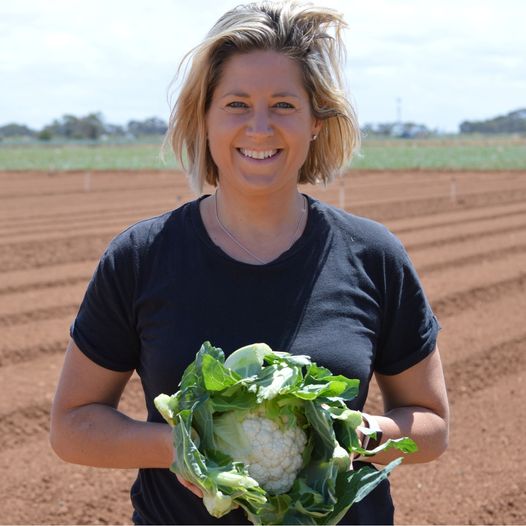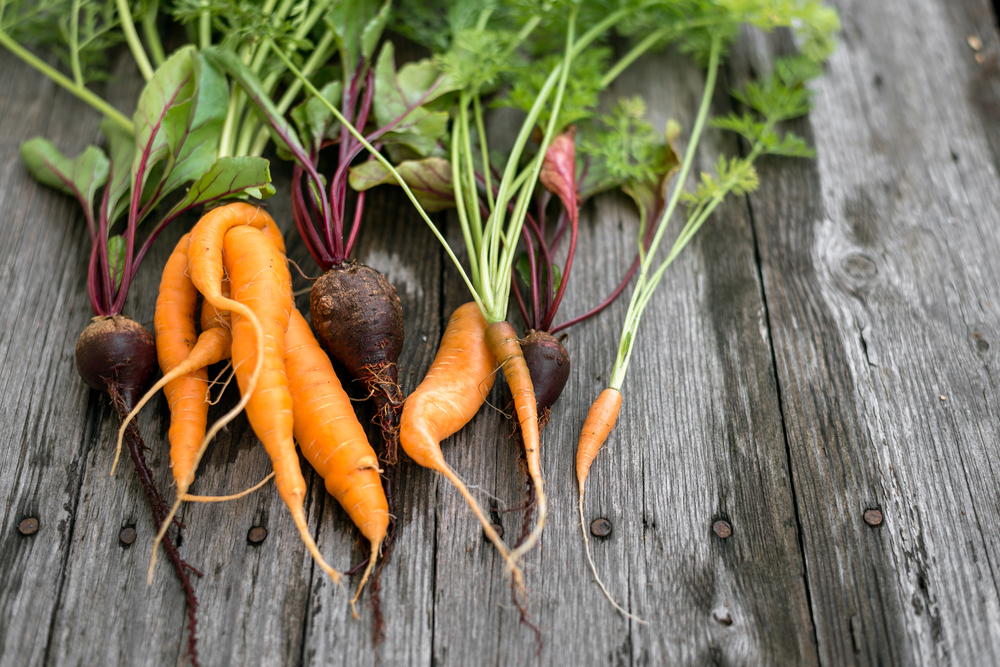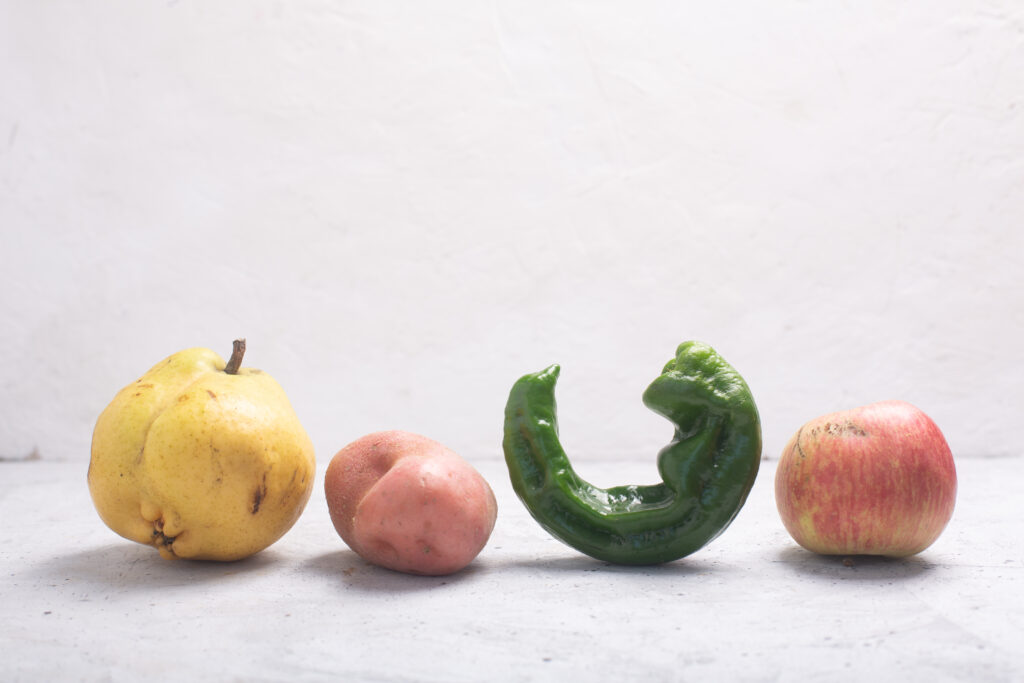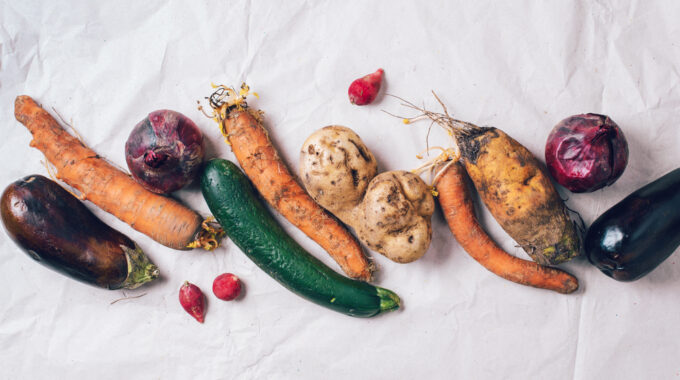Fresh produce snobbery our biggest food security threat
Australians’ produce snobbery and lack of interest in fresh fruit and vegetables could thrust the nation into danger as a new report reveals 68 percent of the food we grow is rejected due to its unattractive appearance.
A top Victorian vegetable producer says Australians’ snobbery and lack of interest in fresh produce is putting our nation at high risk of food insecurity as we move into uncertain times. Up to 25 percent of Australian vegetables produced never leave the farm, often because they are too oddly shaped for the grocery store, something director of Velisha Farms Catherine Velisha says will come back to bite us.
‘So many fresh vegetables don’t get the chance to be sold, eaten based on purely superficial reasons. A cauli with a yellow curd for example won’t make the shelf because we don’t want to buy it. But do people know all the yellow means is the cauli has been in the sun?’
On the other end of the spectrum, only one in seven Australians is eating enough fruit and vegetables, forcing our growers to focus more on international markets as a result of demand.
‘Every time something doesn’t hit a shelf or is sold cheaper because of a physical blemish that has impacts throughout the supply chain. The butterfly effect is alive and well within our food systems.’
So much so that the Federal Government has just conducted an inquiry into food security in Australia because of this fresh produce snobbery. The Australian Parliament’s Agriculture Committee made 35 recommendations to address food security in Australia, one of which was to implement measures to reduce food waste.

Our attitudes around produce snobbery have been clearly reflected in a recent report released by Sydney-based food waste startup Good & Fugly, which explores the good & the ‘fugly’ of farmer & supermarket relationships. Here’s a snapshot of the key findings.
There are a range of concerns worrying farmers: when looking towards the future, farmers are most concerned about rising production costs, labour issues, and weather conditions.
Produce rejection is also a concern to farmers: while a quarter (25 percent) of small farmers are concerned about produce being rejected by supermarkets, 1 in 3 (32 percent) of larger farmers cite it as a concern, ranking it above cashflow issues and lack of control over pricing.
Perfectly good produce is being rejected by commercial buyers: majority of respondents (56 percent) agree that perfectly good produce is rejected due to cosmetic issues and the same number think making better use of imperfect produce is important to improve sustainability in the agricultural sector.

The appearance of fruits and vegetables is a huge part of the food waste issue: “appearance” is overwhelmingly the reason supermarkets reject fruit & veg followed by size with farmers reporting 68 percent of fruit and vegetable rejection from commercial buyers was due to appearance.
A large share of crop never leaves the farm because farmers expect it to be rejected: the prospect of rejection by commercial buyers influences on-farm “self-rejection”, 51 percent of farmers screen out good produce because they don’t think it will be accepted by commercial buyers. 1 in 5 (20 percent) of large farmers are losing more than 30 percent of what they grow because they expect it to be rejected by supermarkets because of its appearance or size.
Farmers are losing out on profits: 1 in 4 (23 percent) of farmers report supermarkets expect them to hand over imperfect produce for free. This increases to 1 in 3 (32 percent) for larger farmers. And overall, a staggering 81 percent of farmers believe they are not paid a fair price for their produce.

The individual financial loss due to rejected deliveries can be high: 1 in 10 farmers (12 percent) reported an annual loss of $50,000 or more as a result of rejected produce.
Supermarkets need to change their ways: Farmers feel supermarkets are too strict on their screening of fruit and vegetables, with 40 percent of large farmers reporting that supermarkets will reject a whole pallet over one “bad apple”.
Farmers have a limited range of options for rejected produce: 37 percent of farmers said the rejected produce can be sold to alternate buyers, but this is often at a discount. 32 percent of farmers report that rejected produce is repurposed into other products such as marmalade and soaps.









